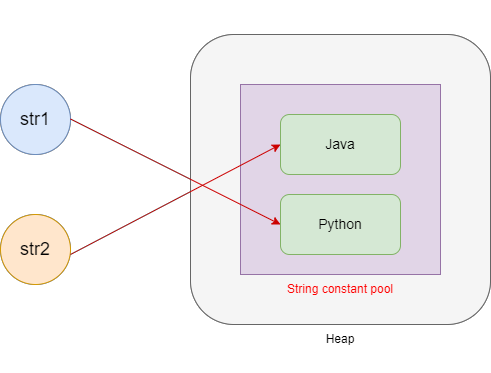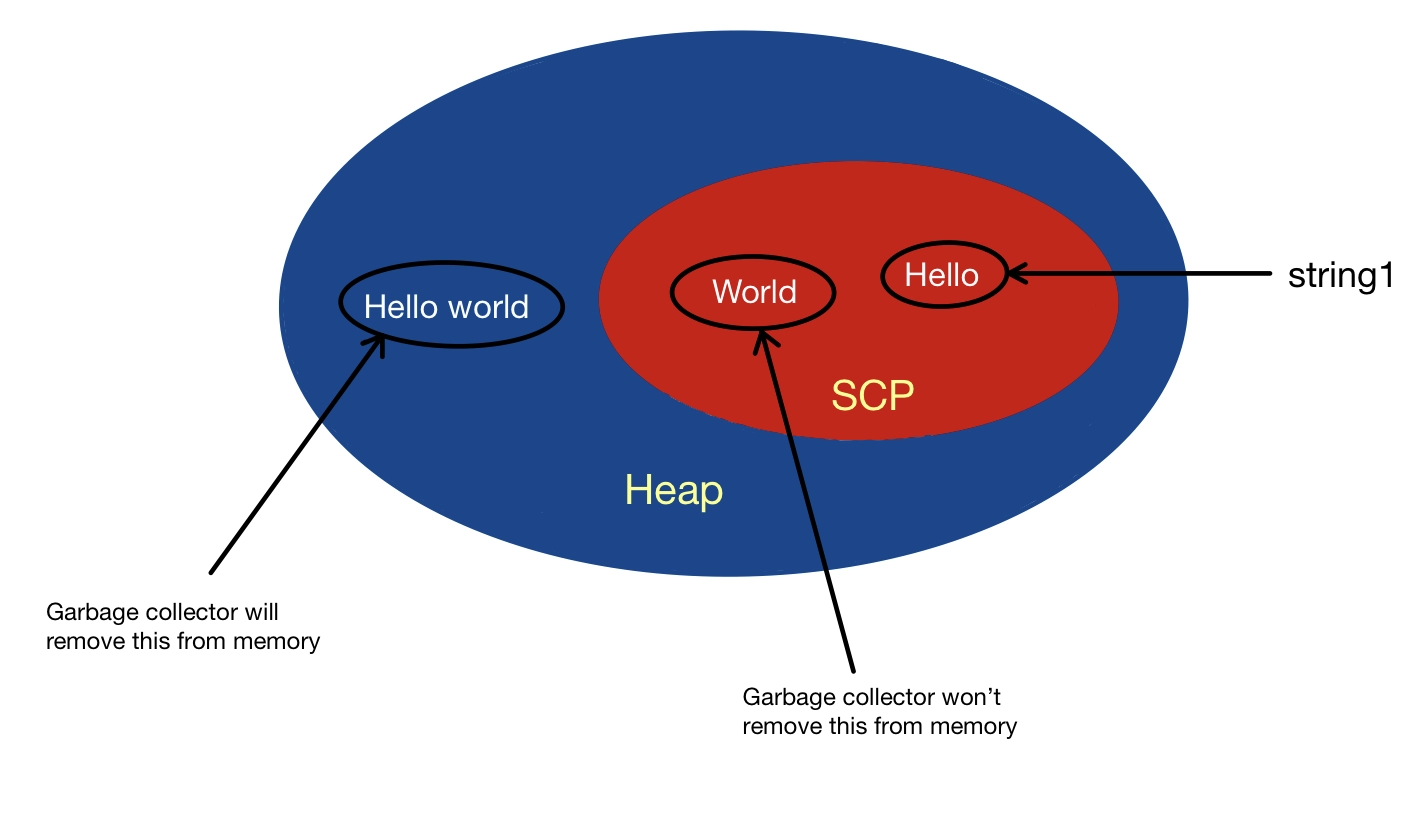Why Are Strings Immutable in Java? Key Reasons and Benefits Described
Why Are Strings Immutable in Java? Key Reasons and Benefits Described
Blog Article
What Is Immutable Strings and How It Works
In the world of shows, recognizing the concept of immutable strings is paramount for producing durable and safe applications. Unalterable strings refer to strings that can not be modified after they are developed, ensuring information integrity and predictability within the code.
The Fundamentals of Unalterable Strings
Immutable strings, as a fundamental idea in programs, are character series that can not be transformed once they are developed. This means that when a string is assigned a value, that worth can not be changed. In languages like Python and Java, strings are unalterable things, bring about numerous implications in terms of memory administration and information integrity.
One of the vital advantages of unalterable strings is that they offer a feeling of protection in data control. Because the web content of an immutable string can not be modified, it makes sure that the original information stays undamaged, lowering the risk of unexpected adjustments throughout program implementation (Why are strings immutable in Java?). This property also simplifies debugging procedures, as programmers can trust that as soon as a string is specified, its worth will not be inadvertently changed
When a brand-new string is created based on an existing one, rather than changing the initial string, the brand-new worth is stored individually. Overall, understanding the fundamentals of immutable strings is critical for understanding shows principles and enhancing code performance.
Advantages of Immutable Strings
Building upon the safety and security and effectiveness advantages of immutable strings, their benefits include boosting code integrity and simplifying concurrent programming jobs. By being immutable, strings can not be modified after production, which removes the danger of unexpected adjustments in the information they keep. This inherent immutability makes certain that as soon as a string is developed, its worth stays consistent throughout the program's execution, decreasing the chances of bugs triggered by unforeseen modifications.
Additionally, unalterable strings add to code integrity by making it less complicated to reason concerning the state of a program. Given that strings can not be changed, developers can trust that a string will certainly constantly hold the same value, streamlining debugging and upkeep efforts. This predictability brings about extra secure and reliable codebases.

Implementation in Programs Languages
Within different programs languages, the consolidation of immutable strings is a fundamental facet that affects exactly how data is dealt with and manipulated within code structures. The implementation of immutable strings differs across various shows languages, with each language using its own systems to support this idea.

On the other hand, languages like C and C++ do not have integrated support for immutable strings. Programmers in these languages must by hand execute immutability by enforcing guidelines within their code to stop direct adjustments to string items.
Best Practices for Collaborating With Immutable Strings
When managing unalterable strings in shows languages like Java and Python, sticking to finest methods makes sure protected and efficient data manipulation. One of the vital ideal practices is to utilize StringBuilder or StringBuffer instead of directly adjusting strings, especially when taking care of extensive concatenation procedures. These courses give mutable alternatives for string adjustment, assisting to avoid unnecessary memory allowances and boosting efficiency.
One more finest method is to use string interpolation or formatting functions provided by the language as opposed to hands-on concatenation. This not only improves readability yet likewise aids in stopping common risks such as unintentional string modifications. Additionally, when functioning with sensitive data such as passwords or API keys, it is crucial to prevent storing them as ordinary message in unalterable strings. Using safe and secure storage systems like char varieties or specialized libraries for managing sensitive information helps mitigate safety threats connected with unalterable strings.
Real-world Applications and Examples
Discovering functional implementations of immutable strings in different markets exposes their substantial effect on data integrity and system dependability. In the medical care market, immutable strings play a crucial role in ensuring the security and confidentiality of client information. By protecting against unapproved adjustments to sensitive details such as medical records and prescriptions, unalterable strings aid maintain compliance with rigorous personal privacy guidelines like HIPAA.
Banks additionally gain from the immutable nature of strings to boost the protection of client information and deal records. Unalterable strings help protect against fraud and unauthorized changes to economic info, offering a robust defense versus cyber over here risks and ensuring the depend on and confidence of clients.

Final Thought
Best methods for working with immutable strings include avoiding direct alterations and utilizing techniques that return new string items. Real-world applications of unalterable strings consist of data file encryption, caching, and string control jobs.
Immutable strings refer to strings that can not be changed after they are produced, guaranteeing data integrity and predictability within the code. When a new string is developed based on an existing one, instead than modifying the initial string, the brand-new worth is saved separately.In languages like Java and Python, strings are unalterable by default, indicating that when a string things is developed, its worth can not be altered - Why are strings immutable in Java?. Best practices for functioning with unalterable strings include avoiding direct alterations and utilizing techniques that return new string items. Real-world applications of immutable strings include data encryption, caching, and string control jobs
Report this page